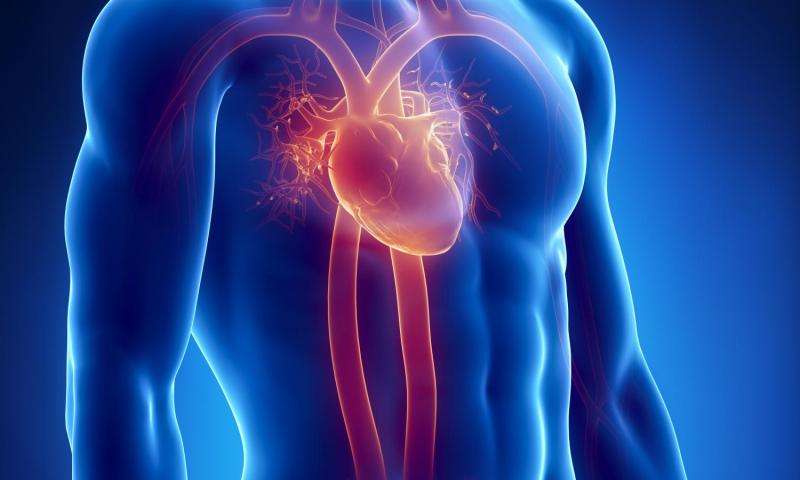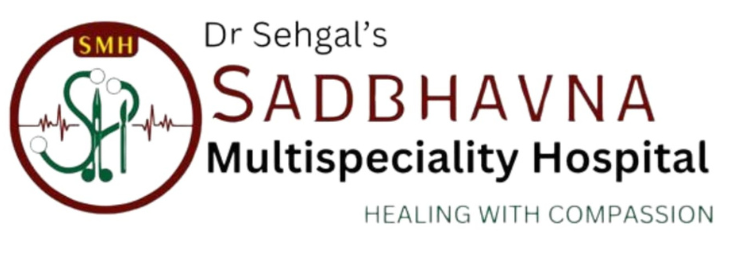
Cardiologist (Heart Health)
A cardiologist is a heart doctor. They specialize in treating heart conditions and diseases as well as helping patients manage their heart conditions as much as possible. A cardiologist will treat any symptoms of heart conditions that you have and diagnose any possible conditions.
What Does a Cardiologist Do?
Your cardiologist, or heart doctor, helps prevent heart disease through screenings and checkups. They treat symptoms of heart conditions or heart diseases.
- heart attacks, when blood flow to your heart is blocked;
- heart disease (or coronary artery disease), when blood vessels that bring nutrients to your heart are blocked;
- heart failure, when your heart can’t pump blood properly;
- heart rhythms (or arrythmias), when your heart beats too fast, too slow, or irregularly; and
- valve problems, when your heart doesn’t open or close properly.

REASONS YOU MAY WANT TO SEE A CARDIOLOGIST
Most patients think about seeing a doctor when they don’t feel well but may put it off, or they may wait for an annual physical with their family care doctor to ask questions about any physical pains or symptoms. But how severe should the symptoms be before you see a heart specialist (cardiologist)? How can you tell if someone you love should see a cardiologist?
1. Physician Recommendation
If your family-care doctor recommends you see a cardiologist, do it. Don’t put it off. You’ll regret it.
2. Heart Pain
This is pretty much a given. You can see a full list of heart disease symptoms below. If you have any doubts about whether or not you are experiencing a symptom, however, get checked out.
3. Family History
If anyone in your family has or has had heart problems, you should be aware of heart disease symptoms and consider talking to a cardiologist about them.
4. High Total Cholesterol
Total cholesterol is the sum of all the cholesterol in your blood. The higher your total cholesterol, the greater your risk for heart disease (a cholesterol level of 200 mg/dL or higher).
5. High Blood Pressure
You have high blood pressure or a high systolic number. The systolic number on your blood pressure reading is the first number. (For example, if your reading is 120/80 (120 over 80), your systolic blood pressure is 120.) Learn how to monitor your blood pressure.
6. Are or Were a Smoker
Smoking is a huge risk factor for heart disease. It lowers the flow of oxygen to the heart and increases blood pressure, heart rate, and blood clotting as well as damages the cells lining the arteries.
7. Diabetic
Unfortunately diabetes can contribute to heart disease. If you experience symptoms of heart problems and are diabetic, you should see a cardiologist.
8. Difficult Pregnancy, Preeclampsia
Preeclampsia is often a hidden risk factor for heart disease. The two times a woman is most likely to develop heart disease is during pregnancy or post-menopause.
